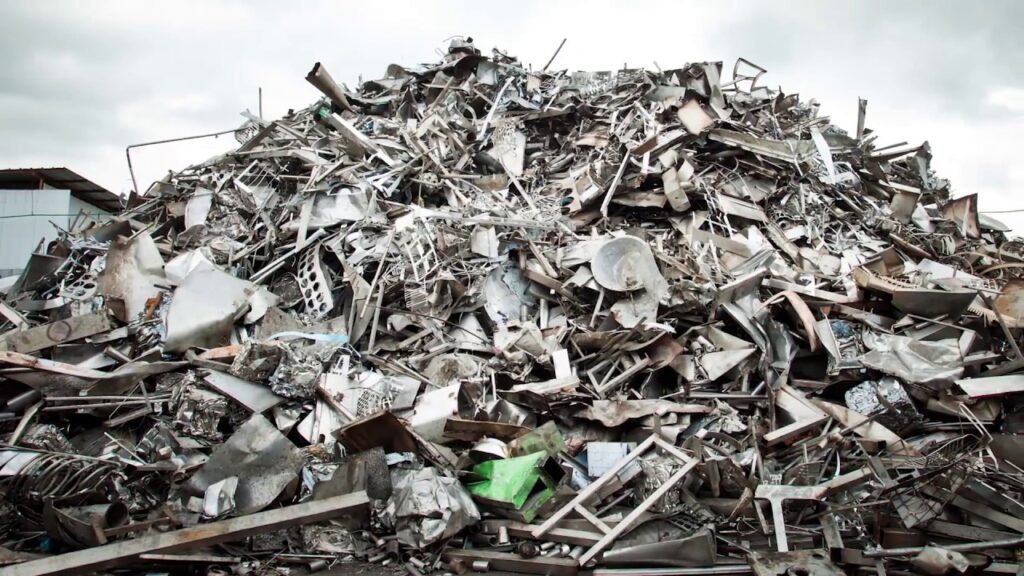In a world where natural resources are becoming increasingly scarce, scrap metals recycling has become more important than ever. Recycling not only reduces the amount of waste that pollutes our environment but also conserves energy and saves money. Scrap metals recycling also plays a significant role in reducing carbon emissions and slowing down the depletion of natural resources. In this blog post, we will examine the importance of scrap metals recycling and how it positively affects the environment and contributes to a sustainable economy.

Scrap metals recycling in Campbellfield is an environmentally-friendly practice that involves reprocessing metal products into new ones. In terms of energy-saving, the recycling process consumes up to 95% less energy than producing metal from raw materials. Recycling metals like aluminium, copper, and steel rather than extracting raw materials to produce new ones significantly reduces the amount of energy used in the manufacturing process, thus reducing carbon dioxide levels in the atmosphere. Recycling metals also cuts down on greenhouse gas emissions, mitigating the impacts of climate change.
Another important aspect of scrap metals recycling is conserving natural resources. When metal products are recycled, they do not need to be extracted from the earth, reducing the demand for mining, quarrying, and drilling activities. This, in turn, reduces the damage to ecosystems and habitats that come with these activities. Since metal products like aluminium are non-organic materials, they take a long time to decompose, which means that they can stay in the environment for hundreds of years. Recycling helps to reduce the amount of waste that ends up in landfills, thereby conserving natural resources that would have been used to create new metals.
Scrap metals recycling in Sunshine also contributes significantly to the economy. It creates employment opportunities and generates revenue for industries involved in the recycling process. Recycling facilities employ a significant number of individuals, including low-skilled workers. Apart from creating jobs, recycling also provides revenue streams for businesses involved in transportation, sorting, and processing of scrap metals. This revenue stream is especially important since it provides an income stream that is less prone to economic fluctuations than other sectors like the mining or construction industry.
Like all aspects of recycling, scrap metals recycling is not without its challenges. These challenges include a lack of public awareness on the benefits of recycling metals, improper disposal of metal goods, and the lack of sufficient recycling facilities. Strategies such as decentralized recycling facilities, implementation of Extended Producer Responsibility frameworks by governments, and promotion of public awareness on the benefits of recycling can go a long way in addressing the challenges of scrap metals recycling.
Conclusion
Scrap metals recycling is a crucial aspect of creating a sustainable economy and protecting our environment. It plays a significant role in reducing carbon emissions, conserving energy, and conserving natural resources. Recycling also contributes significantly to the economy by creating employment opportunities and revenue streams for businesses. While there are challenges in the recycling process, promoting public awareness and implementing robust policies can tackle these challenges. .
